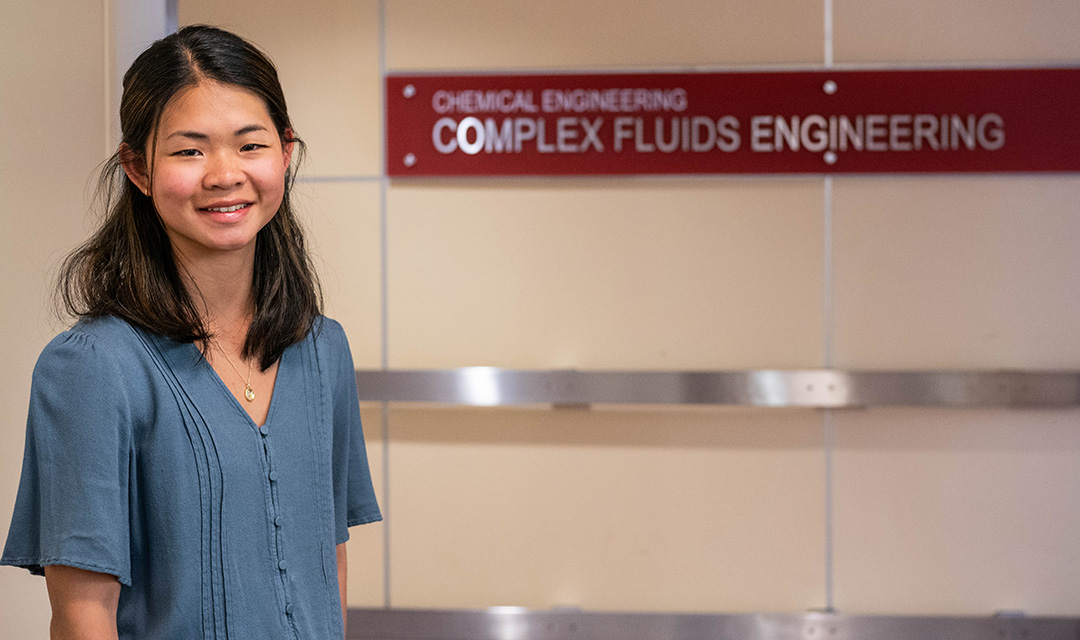From exploration to innovation: The impact of SURF Grants
Kelly Saavedra
Apr 3, 2025

Source: Carnegie Mellon University
Researchers boldly explore uncharted territories shedding light on the unknown to advance human understanding. Their pursuit of knowledge fuels innovation like a river nourishes the land it flows through, leaving behind growth and blossoming possibilities.
Undergraduates at Carnegie Mellon University can join this pursuit through the Summer Undergraduate Research Fellowship (SURF). A SURF grant enables young researchers to collaborate with esteemed faculty, build professional networks, and receive financial support to focus solely on their project, paving the way for future career or academic opportunities.
From a soft robotic hand that helps amputees to a small-scale robot for search and rescue, from an educational robot that's kid-friendly and affordable to an origami simulation aimed at developing a better medical device, undergraduate research projects not only push the boundaries of technology but may potentially improve people's lives.
Developing alternatives to plastic for use in health care
As a junior majoring in chemical engineering, Irene Cui is conducting groundbreaking research on biodegradable and renewable protein-based elastomers. Translation: she's developing sustainable alternatives to the traditional plastics used widely in products—from car parts to medical equipment to shoes—that pose significant environmental challenges due to their difficulty in breaking down.
Cui's interest in this research began during her sophomore year, when she discovered a professor in the Department of Chemical Engineering working with proteins in innovative ways.
"I had never really considered proteins as materials. I'd always just thought of them more as biomolecules, things that are part of how we function versus what we can do with them," she said. "This new perspective intrigued me."
Protein-based elastomers are flexible, rubber-like materials derived from renewable biological resources, which could potentially replace petroleum-based products in items like toys and water bottles.
By using renewable materials, my research aims to reduce plastic waste along with its environmental impact.
Irene Cui, Undergraduate student, Chemical Engineering
"By using renewable materials, my research aims to reduce plastic waste along with its environmental impact," she said.
Cui's dedication to her research was further fueled by the opportunity to work full-time on her project over the summer, thanks to the support and resources available through the SURF grant.
"Being able to focus on my project full time over the summer gave me a lot more time to really work with it and make progress," she said.
Looking ahead, Irene is considering various career paths, including pursuing an integrated master's degree, a Ph.D., or even medical school. "I'm really kind of just going with the flow and seeing which opportunity arises and what works for me," she said.
Cui's research not only contributes to the development of sustainable materials but also highlights the importance of interdisciplinary approaches in tackling environmental issues.
